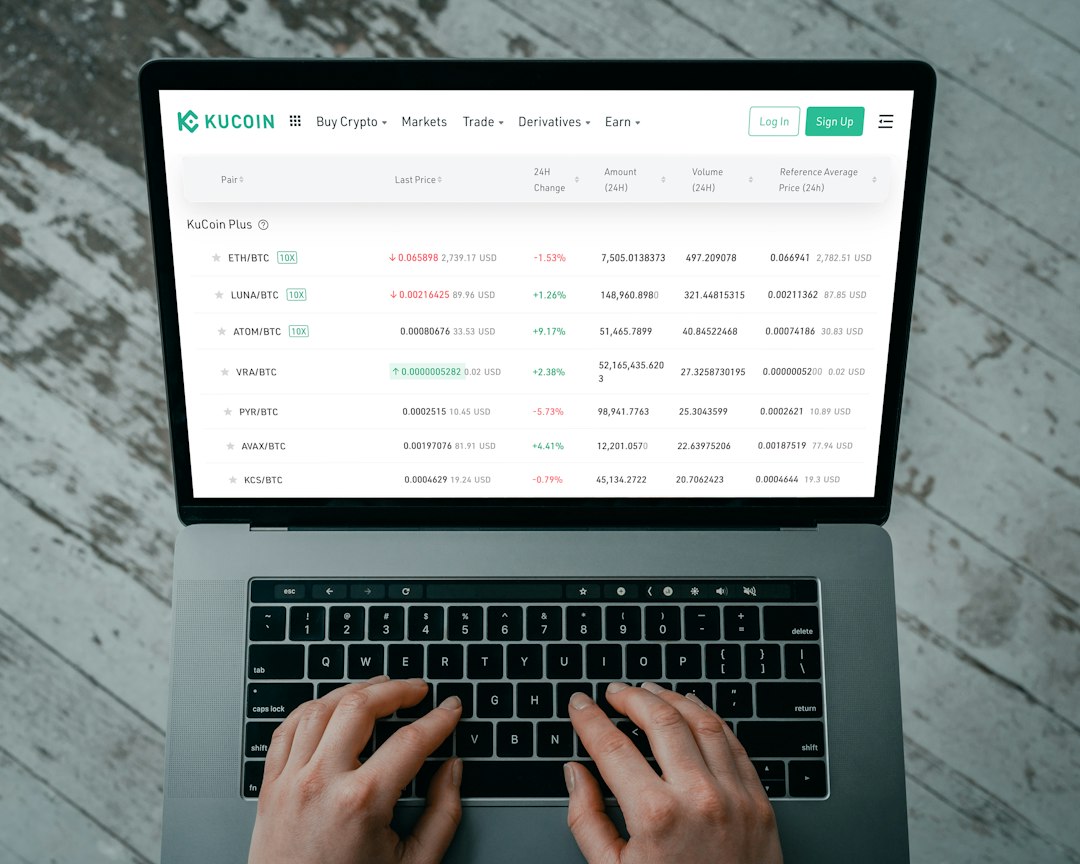The Federal Reserve Explores Tokenization of Real-World Assets
The Federal Reserve has recently published a paper that delves into the advantages and potential use cases of tokenizing real-world assets (RWA) on blockchain networks. The paper, titled “Tokenization: Overview and Financial Stability Implications,” highlights the ongoing tokenization of assets like stocks, bonds, real estate, and commodities.
According to the researchers, asset tokenization offers numerous benefits by leveraging blockchain technology. For instance, it allows investors to access markets that were previously inaccessible or costly to enter. Real estate tokenization, for example, enables investment in fractions of specific commercial buildings or residential properties, as opposed to traditional real estate investment trusts (REITs).
Moreover, tokenized assets can incorporate additional features through smart contracts, enhancing market efficiency. Liquidity-saving mechanisms can be implemented in settlement processes for tokenized assets, even if they are not feasible for their real-world counterparts. These attributes lower barriers to entry for a wider range of investors, leading to more competitive and liquid markets.
The Future of Tokenization
While still in its early stages, tokenization holds great potential within the cryptocurrency ecosystem. The Federal Reserve suggests that tokenization could become a larger part of the digital asset landscape by simplifying access to various markets and increasing liquidity.
The current scale of tokenization remains relatively small compared to the size of each token’s reference asset. However, ongoing development projects across different asset categories indicate that tokenization is poised to grow. The most significant benefits include reducing barriers to entry in inaccessible markets and improving market liquidity.
Hot Take: Tokenizing Real-World Assets for Enhanced Market Access and Liquidity
The Federal Reserve has recognized the potential of tokenizing real-world assets on blockchain networks. By leveraging the programmability of crypto tokens and smart contracts, tokenization offers investors access to previously inaccessible markets and introduces additional features that enhance liquidity. Although tokenization is still in its early stages, ongoing development projects indicate a promising future. Tokenization has the potential to simplify market access and improve liquidity, making it a significant component of the digital asset ecosystem.





 By
By
 By
By
 By
By

 By
By
 By
By